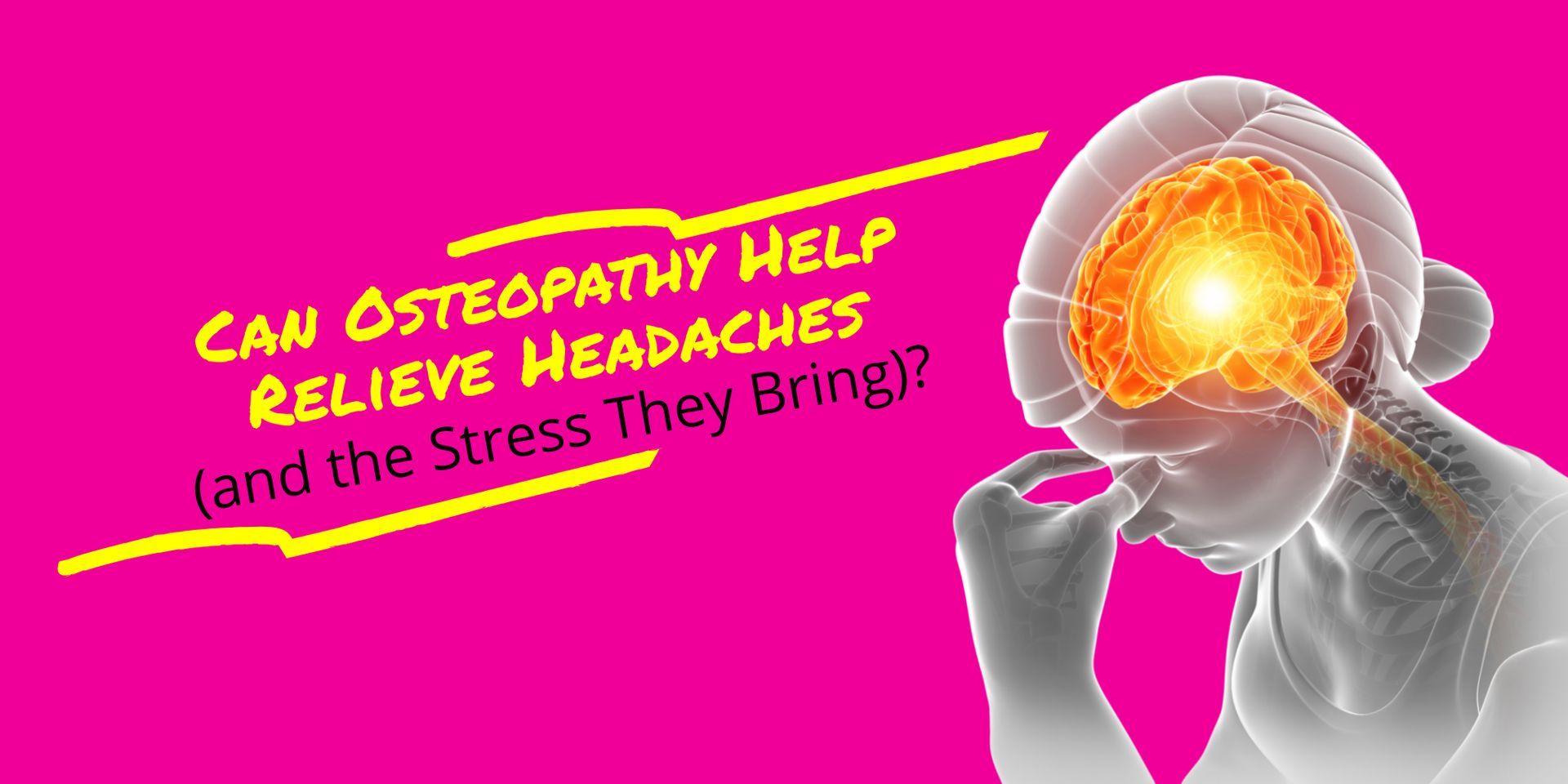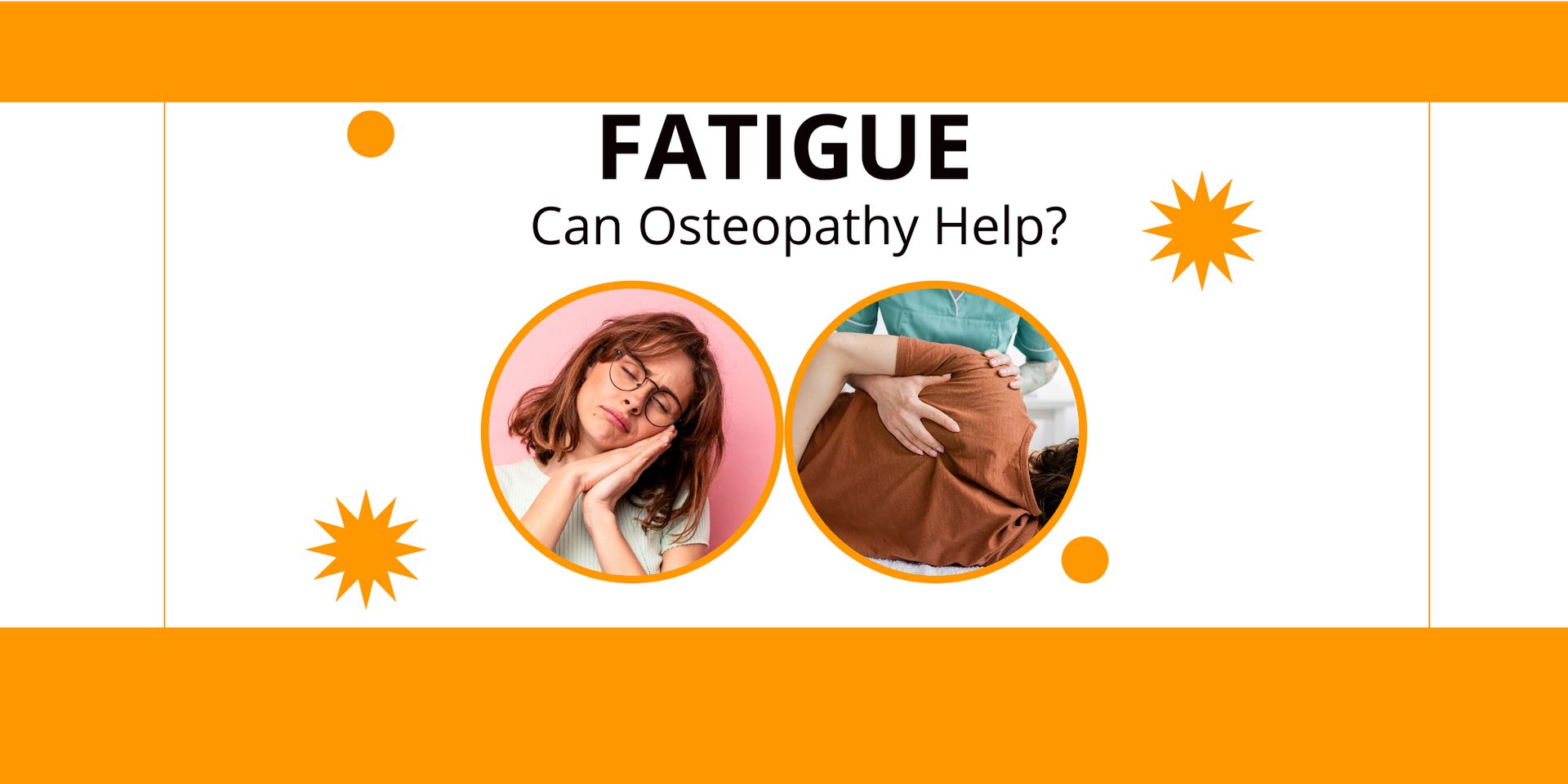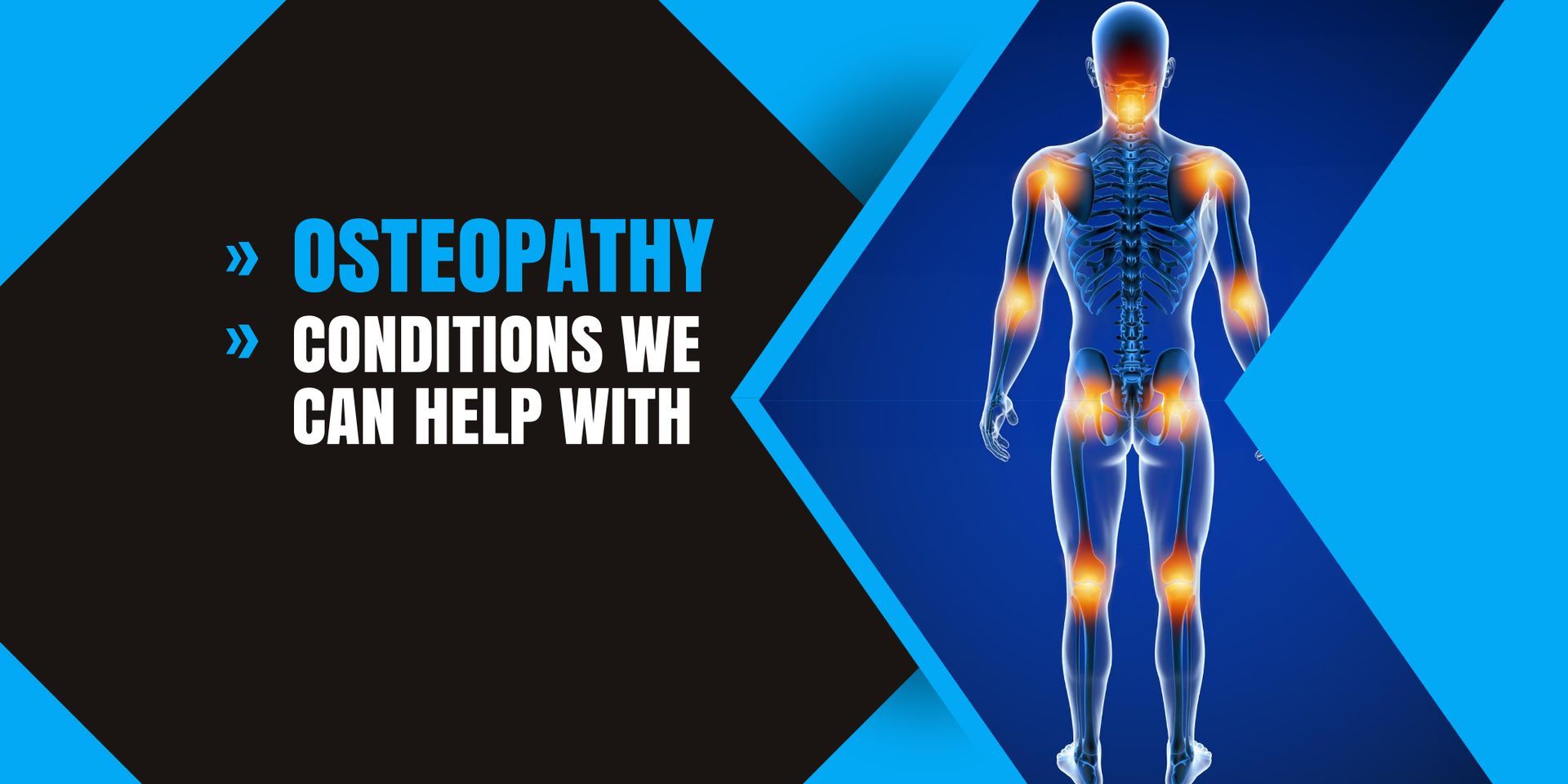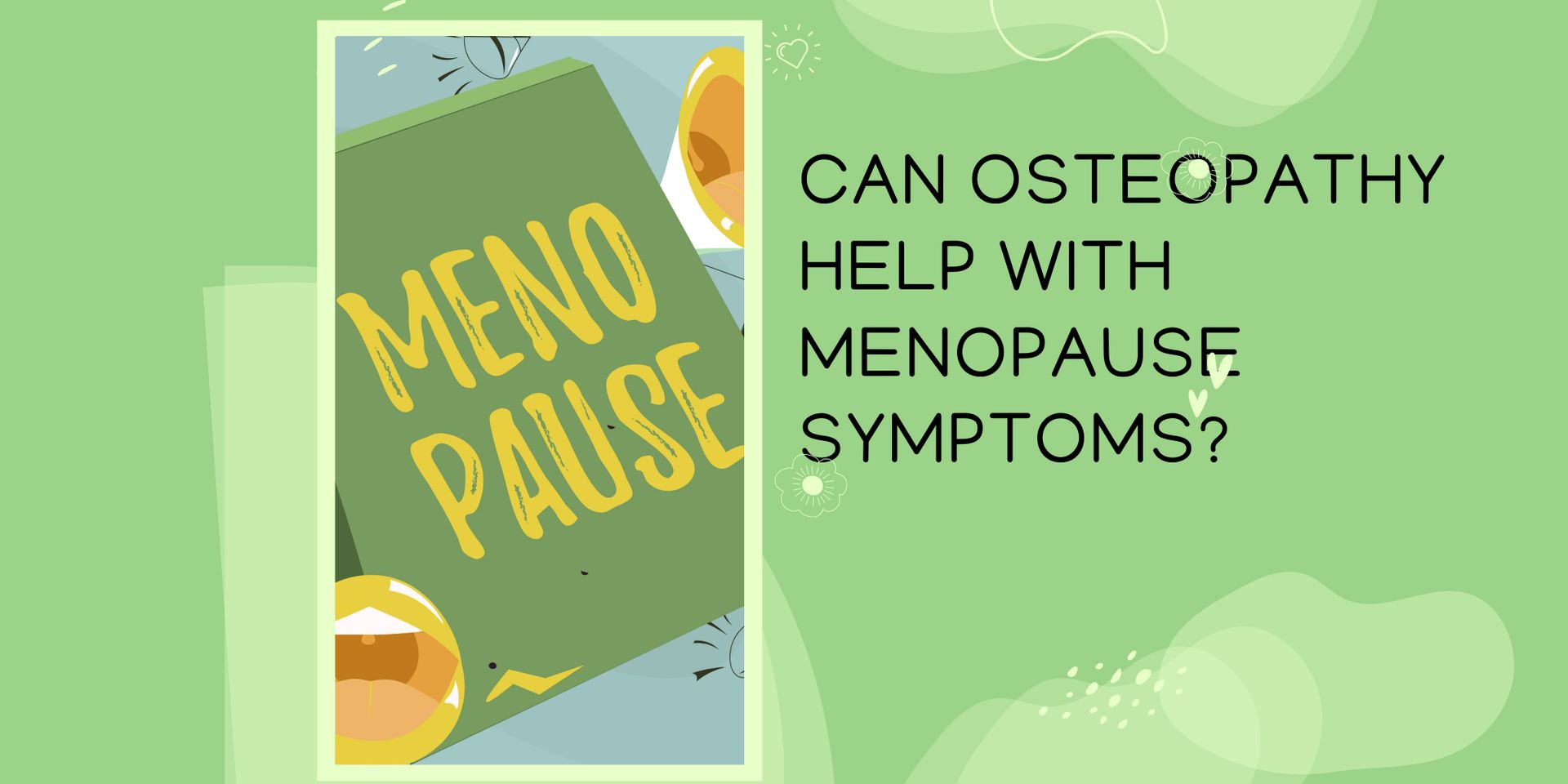How does stress contribute to back pain
Most of the population will experience back pain at one time or another
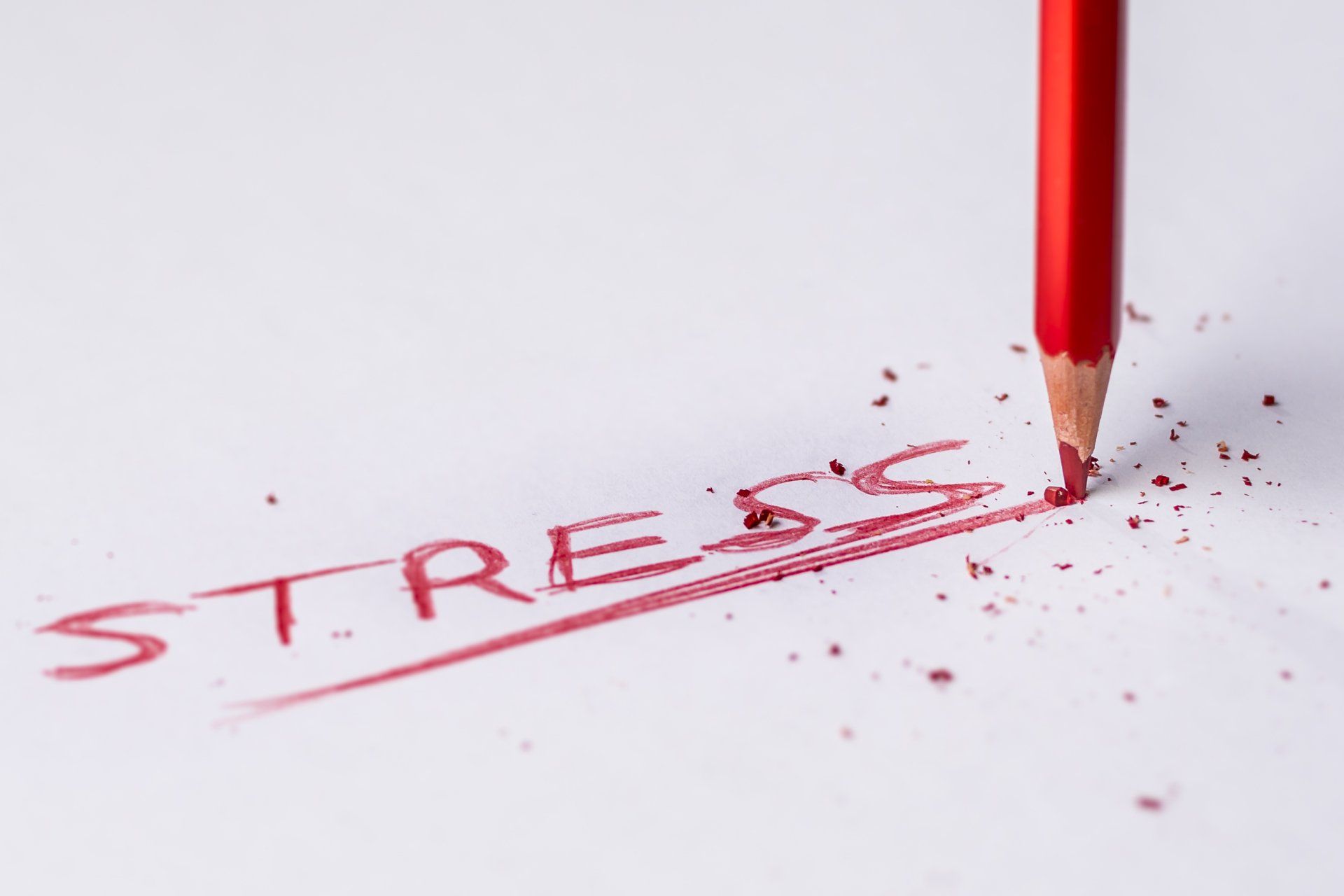
Most of the population will experience back pain at one time or another. While many episodes of back pain can be attributed to getting older, some can originate from stress.
It is a worrying fact that more and more of our lives are spent in the office.
The gap between clocking on and clocking off is getting increasing wider and modern workers are now too busy to even take a lunch break.
What kind of impact does this have on health? Well it’s not particularly positive and judging from my own experience as an osteopath, it is having quite serious repercussions on spinal health.
While stress itself doesn’t directly cause back pain, it can play a secondary role by causing behaviour that can lead to back discomfort.
The chief behaviour I'm talking about is the way in which stress and anxiety drastically increases muscle tension in the neck which can result in mild to severe back pain over time.
People deal with stress differently. For some, it affects skin while others hold their stress in their minds and encounter problems sleeping. For those who hold it in their bodies, it can trigger back or neck pain.
Stress can cause knots in the shoulder and upper back muscles – any massage therapist will tell you that. Individuals with stressful jobs will often have more knots and pain than those who don’t.
Aside from this, it initiates what I call the ‘ fight or flight ’ response needlessly. ‘ Fight or flight ’ is a primeval mechanism in the human body which allows us to mobilise a lot of energy and adrenalin almost instantaneously to help us cope with threats of danger or risk.
How does this relate to modern workers? Well, occupational stress can activate this system even though there is no fight for survival or imminent danger.
The result is a chemical overload in the nervous system which causes constriction in the blood vessels and reduced blood flow to soft tissues. All of this can cause secondary neck and back pain.
If the stressful situation continues, then unfortunately the individual is likely to miss-fire this system many more times and experience a vicious cycle of stress and back pain.
Any kind of intervention including osteopathy will only provide respite until the next episode of stress.
If people are serious about ending their stress-related back discomfort and mobility issues, then they need to manage their stress levels more effectively and take greater care of their health.
While osteopathy can certainly help to ease any discomfort, a patient has to be realistic about the origin of their problems and make changes to their lifestyle which will reduce their stress levels in the long-term.
Stress is thought to play a part in general ill-health and there’s no doubt that it can have a serious psychological impact on its sufferers.
Exercise is a popular way to de-stress and it has obvious health benefits too. But no two people are the same and what eases one person ’ s stress will have no effect on another – it ’ s about finding what's right for you.




